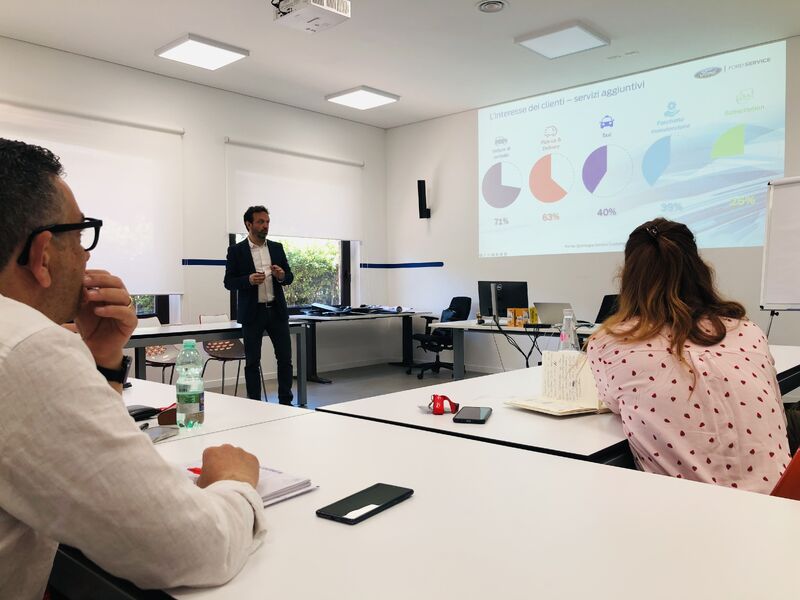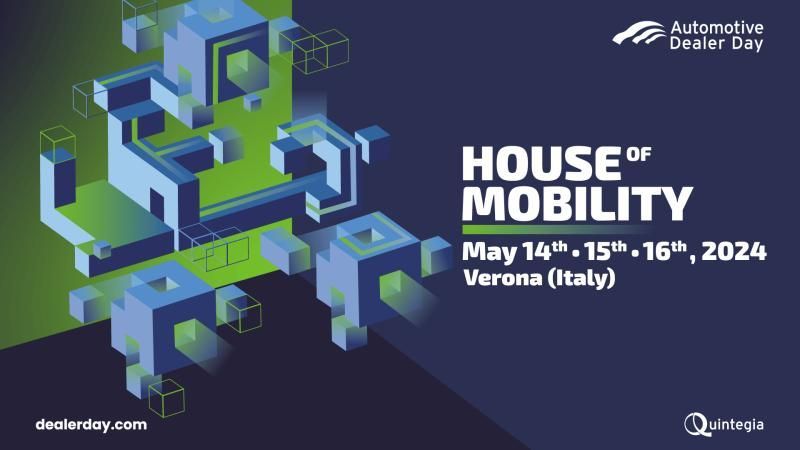Future mobility: between advanced technologies and customer’s challenges
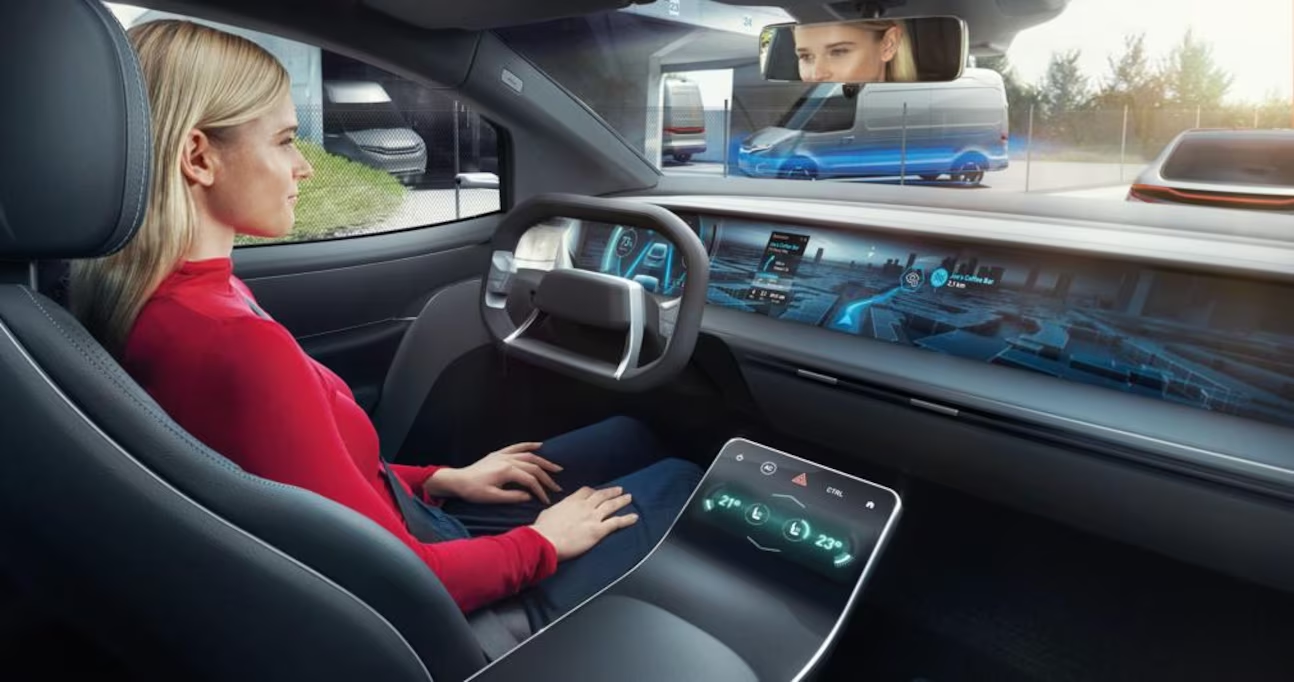
As cars increasingly approach the concept of “smart devices,” consumers are facing challenges related to the use of sophisticated multimedia systems, the effective use of driver assistance systems, the integration with road infrastructures and charging systems. The scenario becomes even more complex if this gap between end user and product is not filled by dealerships’ personnel, often unprepared to address consumer doubts, or inadequately trained to support in all post-sales phases. The risk to be unable to capitalize on the potential of vehicles and technology is concrete, leaving the user at the mercy of doubts, misunderstandings and fears.
The exponential growth in the introduction of new technologies and automated systems is re-shaping the automotive industry. New players have landed – even those external to the market, often from the hi-tech world – further accelerating this process and compelling the industry giants to push hard on the accelerator. Software, inevitably, has taken on a leading role in the development process of the latest generation vehicles, especially electric ones, making cars a complex center of connectivity and technological innovation.
In many cases, the user experience has been given for granted, while human behaviors and feelings change together with a wide set of factors (culture, age, social position, driving experience…).
Challenges for Drivers
According to a Hyundai UK survey (Untapped potential: Drivers missing out on the pleasure of car technology, 2023) 68% of drivers feel overwhelmed by their car’s technology.
Progress is unavoidable, but often doesn’t consider drivers’ skills and will. As an example, learning how to use integrated multimedia systems sometimes poses difficulties that consumers must overcome. Also, bigger and bigger screens – rich in information – with fewer and fewer buttons to help recall key functions put safety at risk (although the EU is backtracking on this issue, requiring the presence of physical controls for some basic functions). These systems offer a wide range of functions – even supported by AI – designed to improve the driving experience and make trips more enjoyable. However, their complexity can be overwhelming for many drivers, along with user interfaces not always ad-hoc tailored, with the risk of creating adverse effects on the user experience, which may require unintuitive steps that not all are willing or able to face, especially while driving.
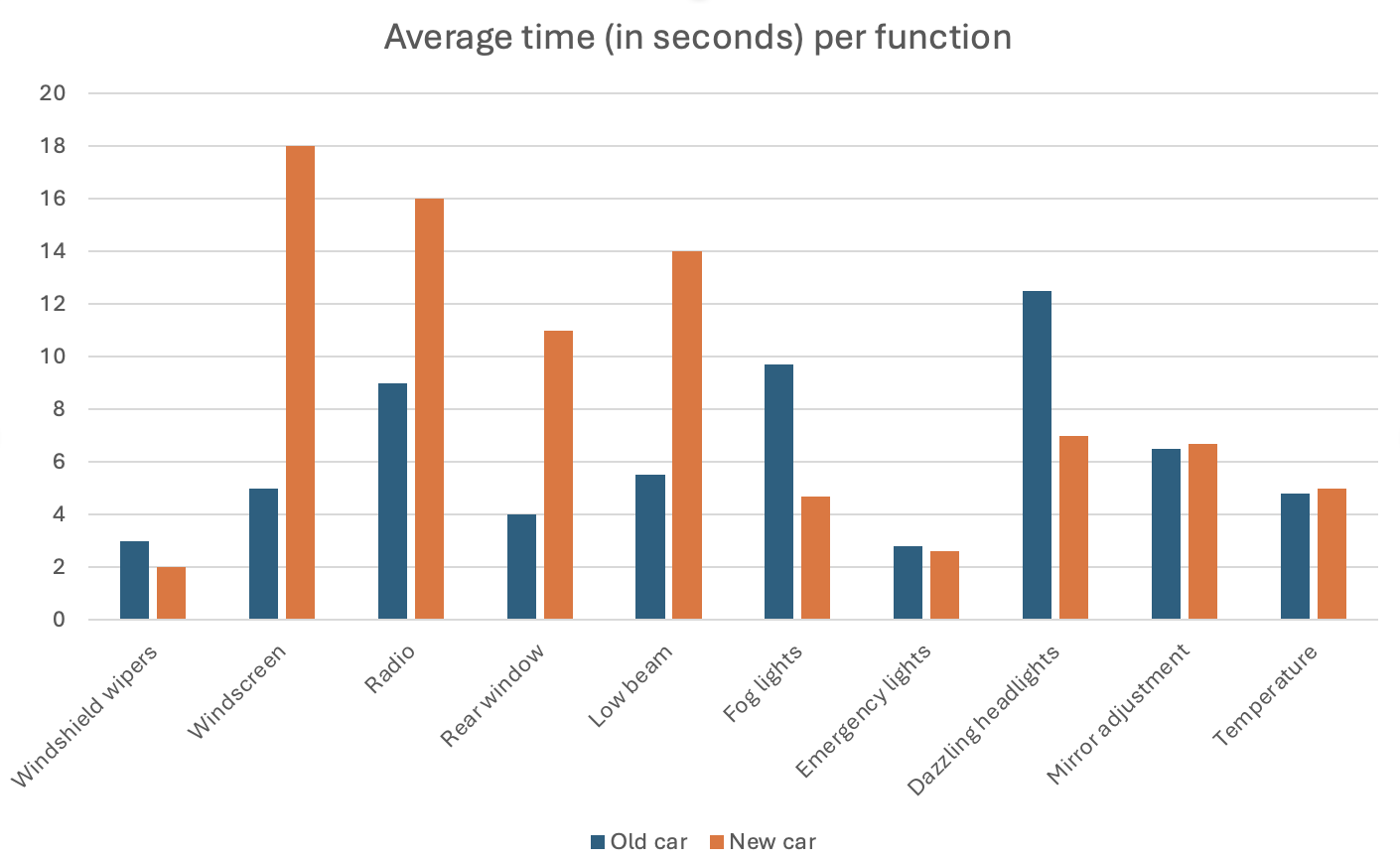 Source: Dekra
Source: Dekra
Hyundai also asked why technology is not used at its full potential: 55% of drivers admitted their ignorance, 31% say it’s for a lack of confidence on how to operate devices.
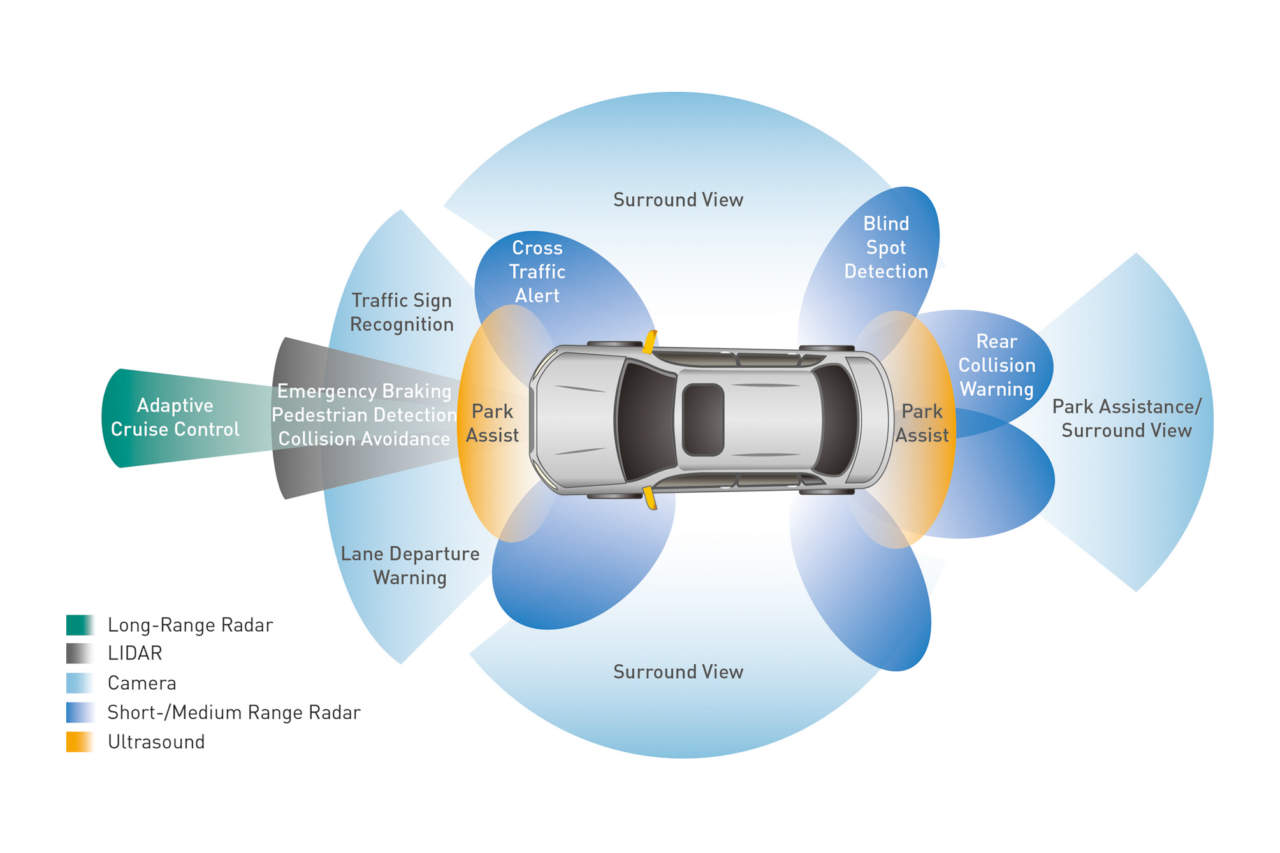
ADAS and Driver Assistance Systems
The adoption of driver assistance systems is another open point for consumers. These technologies have the potential to improve road safety and reduce the risk of accidents, however, many may feel insecure in fully relying on these systems, fearing losing control of the vehicle or not fully understanding their operation. This could result the opposite effect, distracting and generating anxieties. According to DEKRA (Road safety report 2023), the interaction with the «In-Vehicle Infotainment System» (IVIS) is the most complex secondary activity.
Some vehicles are equipped with multiple sensors capable of reading road signs (with priorities, stops, speed limits, etc.), as well as reading the driver’s gaze, eye movements, and thus understanding when they are distracted or not looking at the road. These elements can make driving stressful, with alarms and signals that, if not understood, could paradoxically divert the attention.
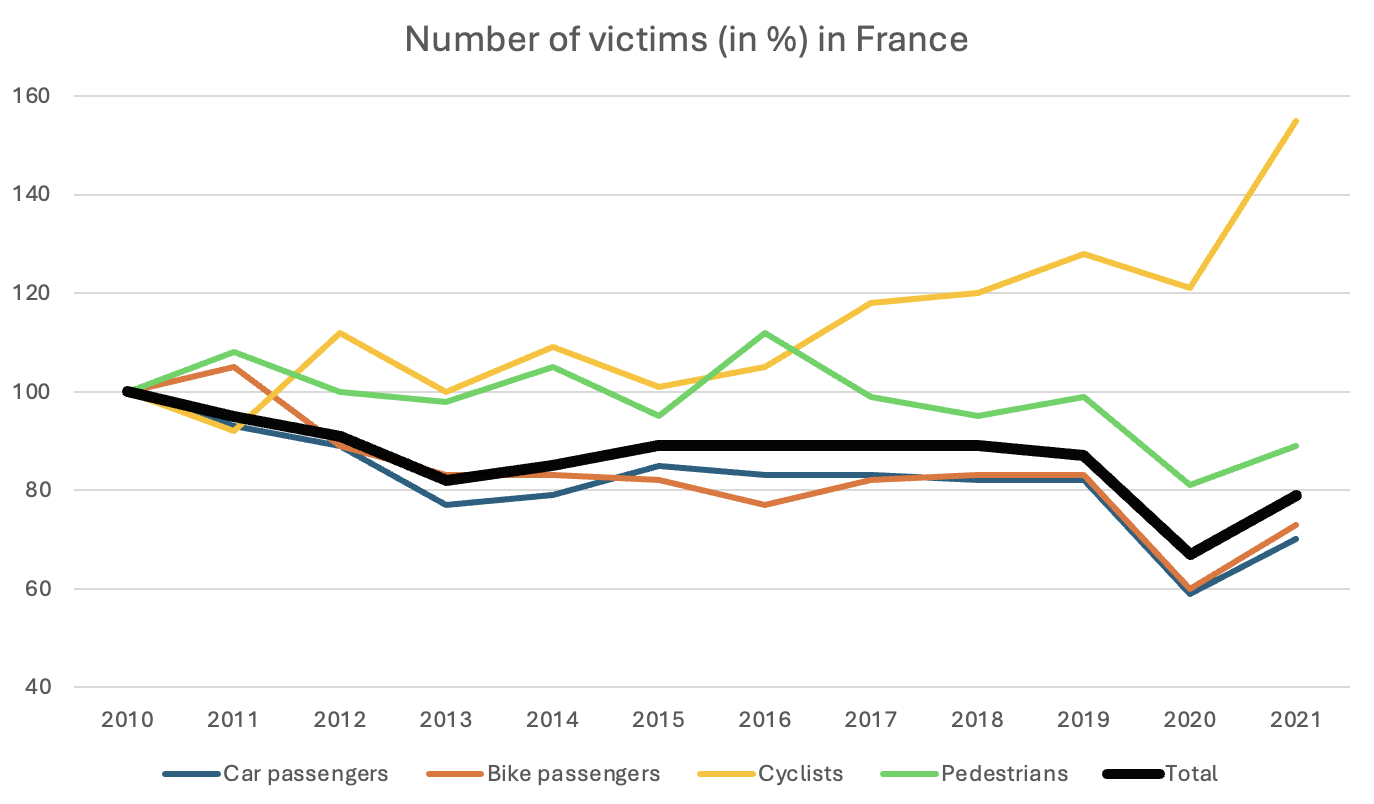
Source: IRTAD
Electric Cars and Their Potential
But perhaps one of the most complex challenges that consumers face – but also brands, dealers, and the entire automotive industry – is the interconnection between electric cars, charging systems and road infrastructures. With the increasing popularity of battery-powered vehicles, ensuring the full understanding of the possibilities of integrated systems is fundamental: consumers may be confused about the different types of charging stations, charging times, and associated fees; moreover, the need to integrate electric vehicles with existing road infrastructures, such as smart grids and public charging stations, are additional logistical and implementation issues.
Not understanding the vehicle’s possibilities can lead to disappointment. Knowing the limits of existing technologies or knowing how to leverage an electric powertrain (e.g., trip planner, battery preheating, vehicle-to-load functions, regenerative braking) can really make the difference between a customer enthusiastic about the purchase or a lost customer.

Dealership Personnel
The lack of effective support from dealer networks further aggravates this situation. Too often, dealers are not adequately trained to explain the complex features to potential buyers. This leads to a disparity between consumer expectations and the reality of the user experience. In many cases, owners have to deal with technical issues without immediate and competent support from dealers.
A higher commitment of manufacturers to educate both consumers and – above all – their networks is needed: more comprehensive training programs for dealership employees are needed, so to ensure their ability to provide adequate, prompt, and effective support, both during the sales process and following the purchase. At the same time, consumer-accessible educational materials could help reduce anxiety about the use of new technologies (55% of drivers admitted to only discovering some of the technology in their cars six months after purchase, Hyundai UK 2023).
Customer as Brand Advocate
Knowing how to approach a doubtful or disheartened customer right after the purchase has valuable implications in the long term, considering the increasing weight that word-of-mouth, feedback, and social influence have. A satisfied customer will likely become an “ambassador,” promoting features and benefits, while in 47% of cases the insatisfaction could drive to the change of brand (A customer experience reboot, Accenture 2022).
The recent history teaches us how Tesla has strongly worked on this aspect, with easily understandable interfaces and services that provide concrete advantages (supercharger, benefits, discounts, user-friendly app, easily understandable and accessible manuals). Consequently, the learning curve has been significantly reduced, and a true fan base has emerged, capable of educating and supporting new Tesla customers worldwide, with tutorials, owner video reviews, and social media pages. The goal must be to make advanced automotive technologies more accessible and less intimidating for the average consumer.
Training as a Solution
The gap between the language spoken by brands and the actual understanding of the average user needs to be better addressed. Although – in recent years – specific positions have been created to fill it, the lack of support from the networks makes this situation even more difficult. At dealerships, we find Experts, Geniuses, Product Specialists, and others, all of them trained to address specific steps of the customer journey. However, it doesn’t seem enough in most cases: working on resources must also focus on transversal topics, such as customer understanding, empathy, communication skills, and problem-solving, without reducing everything to a mere technical specialist training.
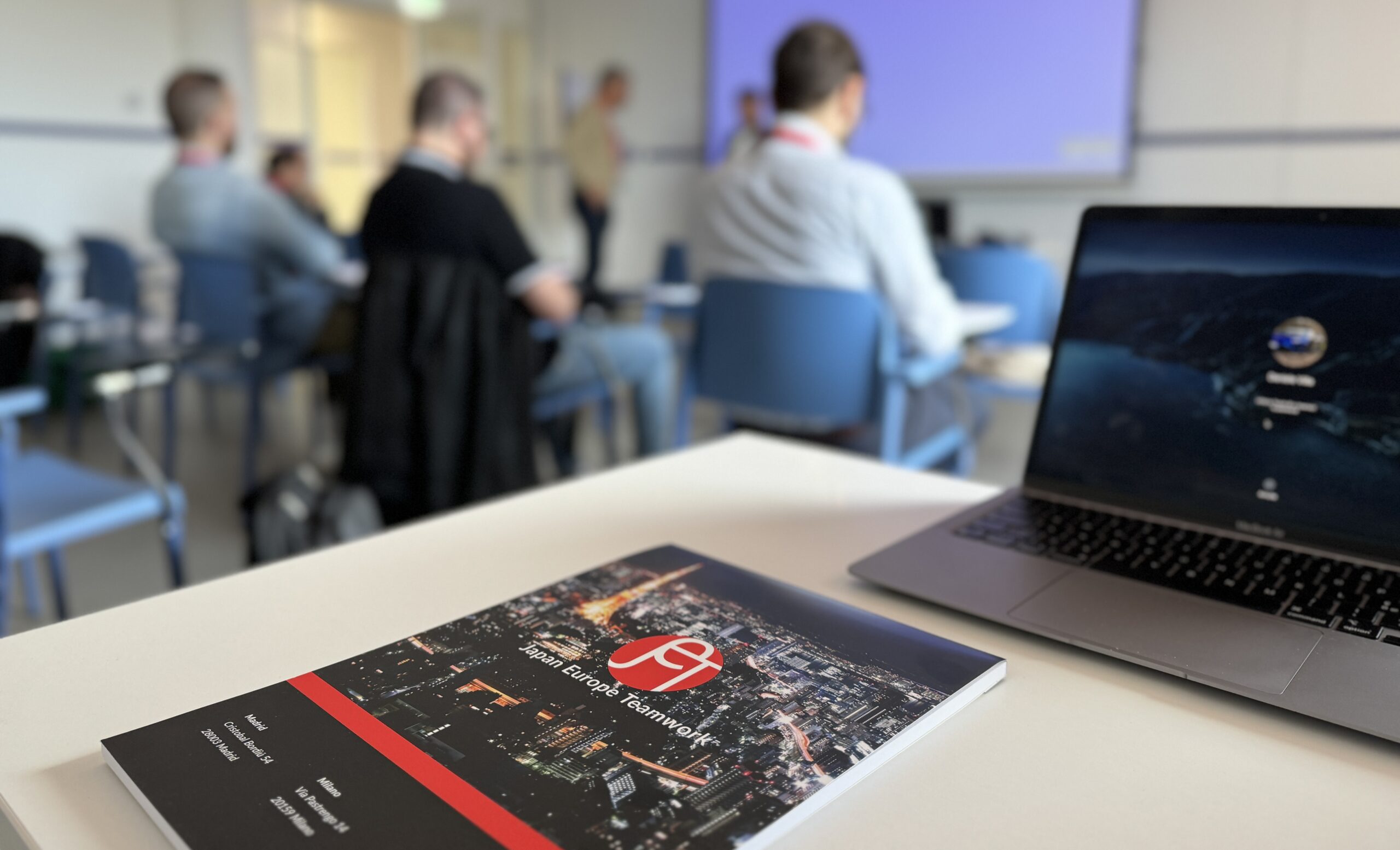
Only a deep understanding and awareness, supported by a joint commitment of manufacturers and dealers to educate and support consumers can overcome these challenges and ensure that the driving experience of the future is safer, more comfortable, and accessible for all.
The #Deutzfahrmer Festival has landed in Spain thanks to SDF Ibérica. Brand and strategy awareness, together with professionalization and employer branding,… Read more
Innovazione e Crescita in Ford Italia: la (rinnovata) formazione per i Customer Manager.Il ruolo di manager in un mondo in feroce… Read more
Automotive Dealer Day 2024 has confirmed the need to provide operators with useful insights and inspirations to face the change. Too… Read more


